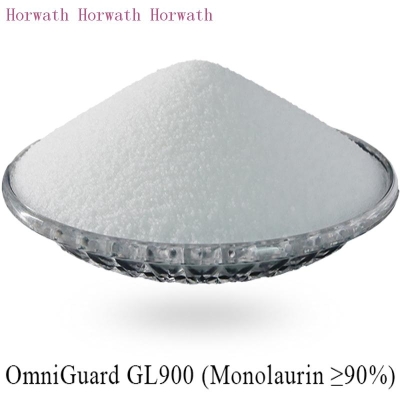The first detection of imported "poisonous shrimp" in Shenzhen endangers human hematopoietic function
-
Last Update: 2002-03-13
-
Source: Internet
-
Author: User
Search more information of high quality chemicals, good prices and reliable suppliers, visit
www.echemi.com
Introduction: zhongxin.com Shenzhen, March 12 news: Shenzhen Inspection and Quarantine Bureau has detected chloramphenicol toxic shrimp for the first time from live wrasse urine shrimp imported from Indonesia According to the person in charge of Shenzhen Inspection and Quarantine Bureau, this batch of chloramphenicol toxic shrimp was recently detected from the live wrasse urine shrimp imported from Yantian port and produced in Indonesia Its chloramphenicol content is 1.87ug/kg (the Hong Kong limit standard is 1ug / kg, the European Union limit is 0.3ug / kg), which is seriously over the standard According to Xinhua news agency, the consumption of chloramphenicol shrimp is harmful to human hematopoietic system It can reduce white blood cells, especially kill granular white blood cells, affect the maturation of red blood cells, easily cause aplastic anemia, damage vision, cause acute toxic epidermis laxity, make eyelid adhesion and corneal scar The origin of this batch of chloramphenicol shrimp is Indonesia, which is analyzed to be related to shrimp feed Chloramphenicol is banned from animal feed in many countries Recently, EU countries announced a ban on the import of a series of animal derived food Shenzhen Inspection and quarantine bureau calls on all relevant enterprises to strengthen the protection of their own interests in foreign trade When importing animal origin food and its raw materials, it requires suppliers to provide relevant antibiotic testing data and include the requirements in the contract terms Meanwhile, it emphasizes that in the future, chloramphenicol and sulfanilamide drugs should be added to the inspection of all purchased meat raw materials and food (author:) share to feed Weibo share to:
This article is an English version of an article which is originally in the Chinese language on echemi.com and is provided for information purposes only.
This website makes no representation or warranty of any kind, either expressed or implied, as to the accuracy, completeness ownership or reliability of
the article or any translations thereof. If you have any concerns or complaints relating to the article, please send an email, providing a detailed
description of the concern or complaint, to
service@echemi.com. A staff member will contact you within 5 working days. Once verified, infringing content
will be removed immediately.







